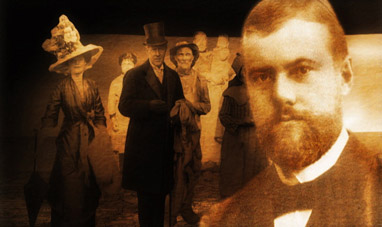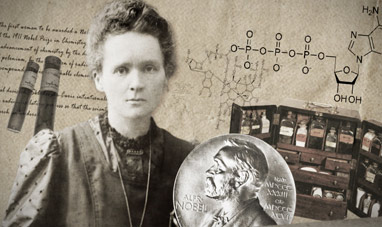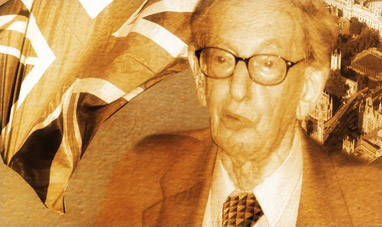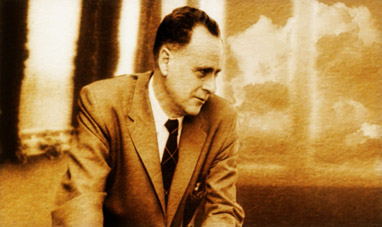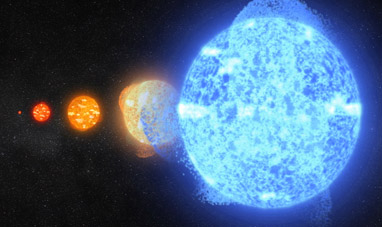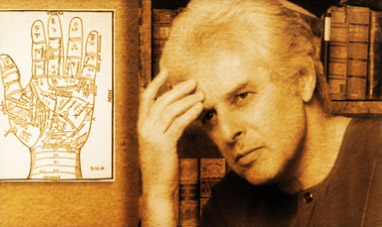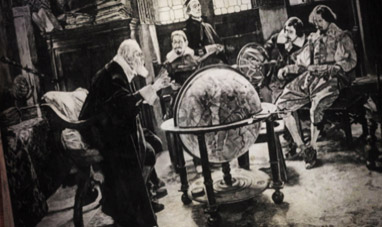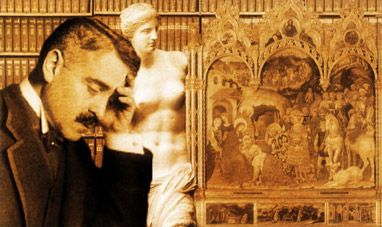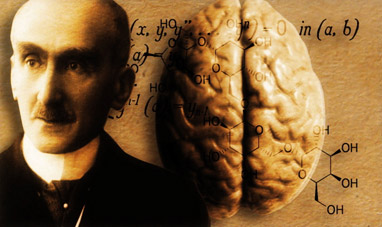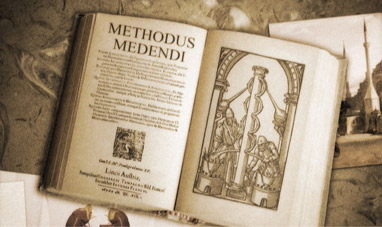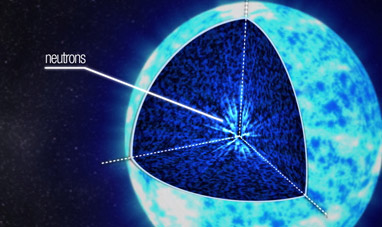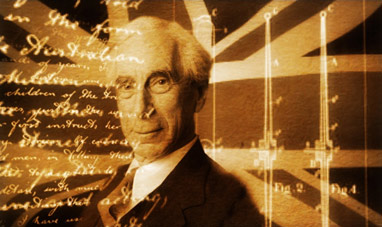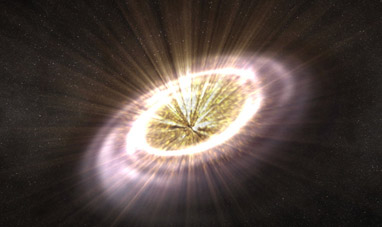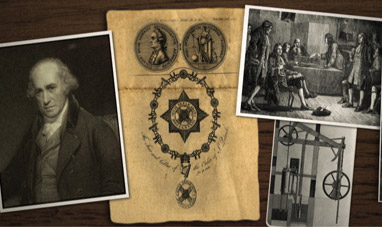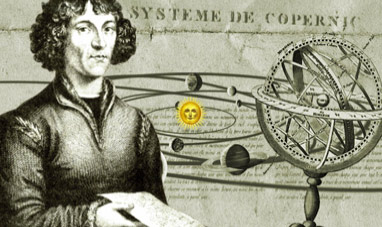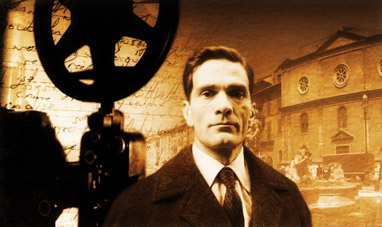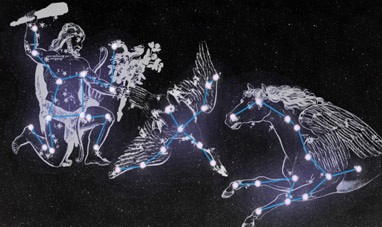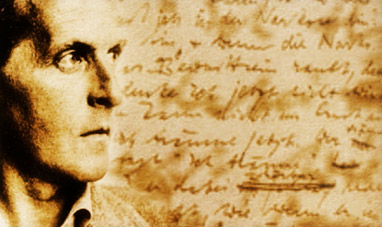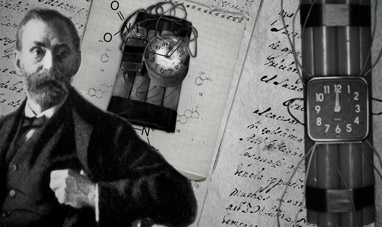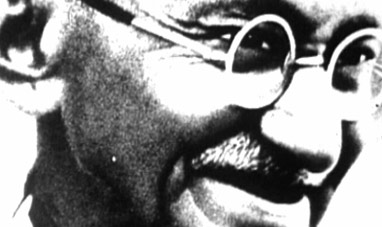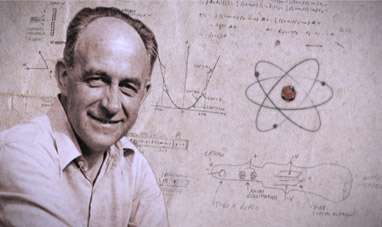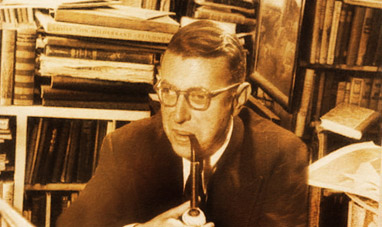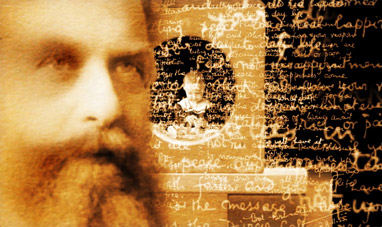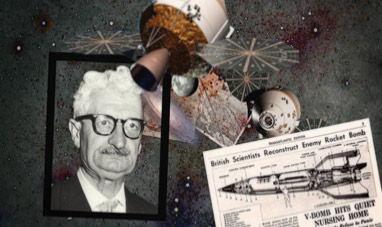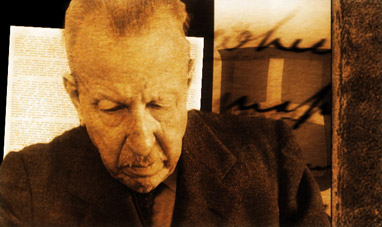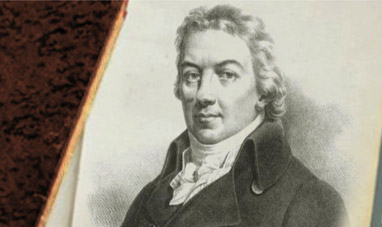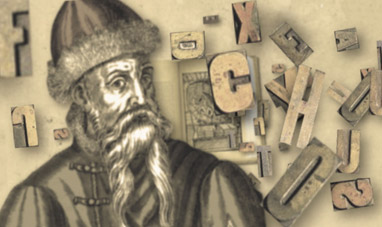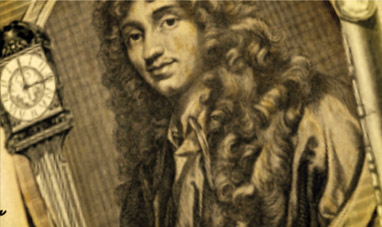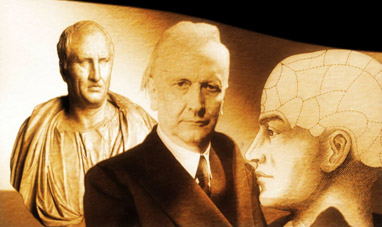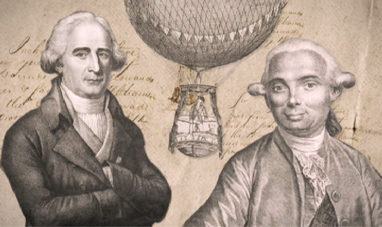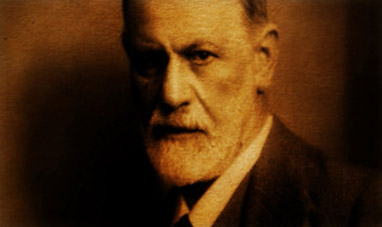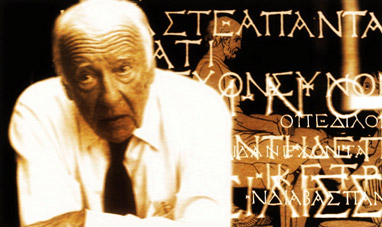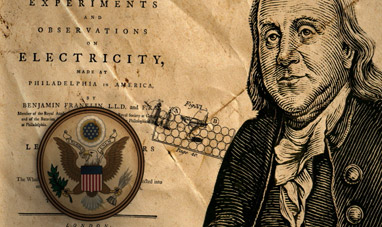Stephen Hawking is an English physicist and astronomer whose research focuses on the origin and nature of the universe. Hawking was born in Oxford on January 8, 1942. At 17 he won a scholarship from the Oxford University Physics Department. He earned his degree in 1962 and moved to Cambridge University, where he obtained a doctorate, devoting himself to astronomy. During this period he started to display the first symptoms of amyotrophic lateral sclerosis, a disease that would ultimately paralyze him completely.
Despite his condition, working together with his colleague Roger Penrose between 1965 and 1970, Hawking succeeded in offering mathematical proof that the entire universe originated from what scientists call a singularity in space-time. Singularities are places characterized by virtually infinite density, and therefore virtually infinite gravity. In the known universe, singularities are found in black holes, celestial bodies formed by the collapse of large stars. Within black holes, gravity is so strong that even light cannot escape. There are also mini-black holes, which may have been born at the same time as the universe, around 15 billion years ago.
In the 1970s Hawking focused his studies on this last type of black hole, theorizing in 1974 that mini-black holes emit a form of radiation [Hawking radiation] that leads to their evaporation, ultimately resulting in an explosion of X and gamma rays. This hypothesis has yet to be proven. In 1979 Hawking became professor of mathematics at Cambridge, filling a position once held by Isaac Newton. He worked to unite the theory of relativity and quantum mechanics into a single theory, one capable of explaining all the phenomena in the universe. Hawking’s theory states that man would be able to understand the origin of the universe without the need to hypothesize a God as its Creator.
It would also allow man to overcome his illusory, linear concept of time, which inevitably leads to the paradoxical question: what was there before time existed? Indeed, Hawking believes that the universe exists in a space-time bubble where time has no beginning and no end. In other words, time passes in much the same way as a traveler moving across the earth’s spherical surface: there is no frontier, no wall preventing the traveler from walking on forever.In 1988 Hawking explained his theses in the book A Brief History of Time. The book was extremely successful, making him a famous figure recognized well outside the world of academia. While writing the book, Hawking’s illness deprived him of the ability to speak. Since then Hawking has been able to communicate using a vocal synthesizer connected to a computer.
Despite his condition, working together with his colleague Roger Penrose between 1965 and 1970, Hawking succeeded in offering mathematical proof that the entire universe originated from what scientists call a singularity in space-time. Singularities are places characterized by virtually infinite density, and therefore virtually infinite gravity. In the known universe, singularities are found in black holes, celestial bodies formed by the collapse of large stars. Within black holes, gravity is so strong that even light cannot escape. There are also mini-black holes, which may have been born at the same time as the universe, around 15 billion years ago.
In the 1970s Hawking focused his studies on this last type of black hole, theorizing in 1974 that mini-black holes emit a form of radiation [Hawking radiation] that leads to their evaporation, ultimately resulting in an explosion of X and gamma rays. This hypothesis has yet to be proven. In 1979 Hawking became professor of mathematics at Cambridge, filling a position once held by Isaac Newton. He worked to unite the theory of relativity and quantum mechanics into a single theory, one capable of explaining all the phenomena in the universe. Hawking’s theory states that man would be able to understand the origin of the universe without the need to hypothesize a God as its Creator.
It would also allow man to overcome his illusory, linear concept of time, which inevitably leads to the paradoxical question: what was there before time existed? Indeed, Hawking believes that the universe exists in a space-time bubble where time has no beginning and no end. In other words, time passes in much the same way as a traveler moving across the earth’s spherical surface: there is no frontier, no wall preventing the traveler from walking on forever.In 1988 Hawking explained his theses in the book A Brief History of Time. The book was extremely successful, making him a famous figure recognized well outside the world of academia. While writing the book, Hawking’s illness deprived him of the ability to speak. Since then Hawking has been able to communicate using a vocal synthesizer connected to a computer.

